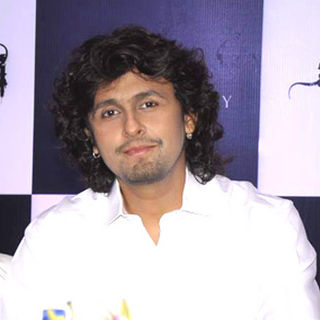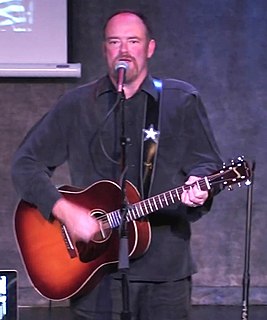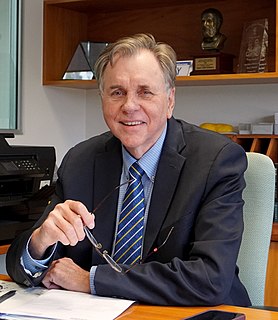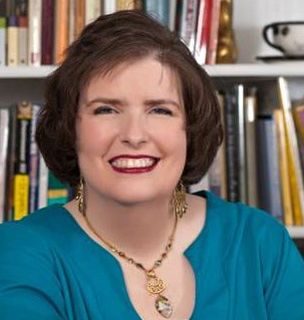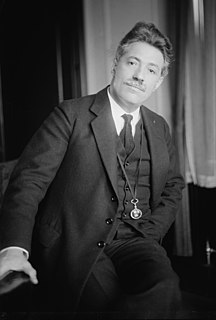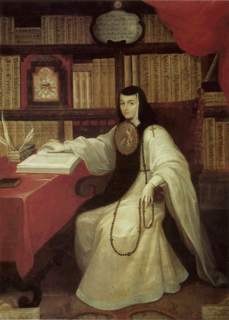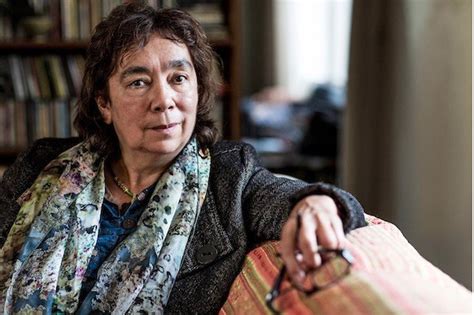A Quote by Faye Wattleton
My mother taught me a lot of things, but they had big presuppositions built in - like her expectation that I'd be a missionary nurse in a religious order.
Related Quotes
When I was a child and I was upset about something, my mother was not capable of containing that emotion, of letting me be upset but reassuring me, of just being with me in a calming way. She always got in a flap, so I not only had my own baby panics, fears and terrors to deal with, but I had to cope with hers, too. Eventually I taught myself to remain calm when I was panicked, in order not to upset her. In a way, she had managed to put me in charge of her. At 18 months old, I was doing the parenting.
During my incarceration Mother visited me. She had in some way managed to leave the workhouse and was making an effort to establish a home for us. Her presence was like a bouquet of flowers; she looked so fresh and lovely that I felt ashamed of my unkempt appearance and my shaved iodined head.'You must excuse his dirty face,' said the nurse.Mother laughed, and how well I remember her endearing words as she hugged and kissed me: 'With all thy dirt I love thee still.
My mother was a nurse, and in her era, most diseases weren't understood; people put mustard plasters on knees and rubbed camphor on your chest if you had a cough and did funny things to you if you had tuberculosis - all these things that really made very little difference once proper treatments were brought in.
I had a mother who walked to the library with me, and you can't walk to a lot of libraries in San Antonio because - guess what? - there are no sidewalks, except in the neighborhoods. And they're across big boulevards, and it's so hot, you can't even walk to the corner. So things like that affect how children can get to libraries. So there are a lot of things involved.
Science, like art, religion, commerce, warfare, and even sleep, is based on presuppositions. It differs, however, from most other branches of human activity in that not only are the pathways of scientific thought determined by the presuppositions of the scientists but their goals are the testing and revision of old presuppositions and the creation of new.
I was not yet three years old when my mother determined to send one of my elder sisters to learn to read at a school for girls we call the Amigas. Affection, and mischief, caused me to follow her, and when I observed how she was being taught her lessons I was so inflamed with the desire to know how to read, that deceiving - for so I knew it to be - the mistress, I told her that my mother had meant for me to have lessons too. ... I learned so quickly that before my mother knew of it I could already read.

